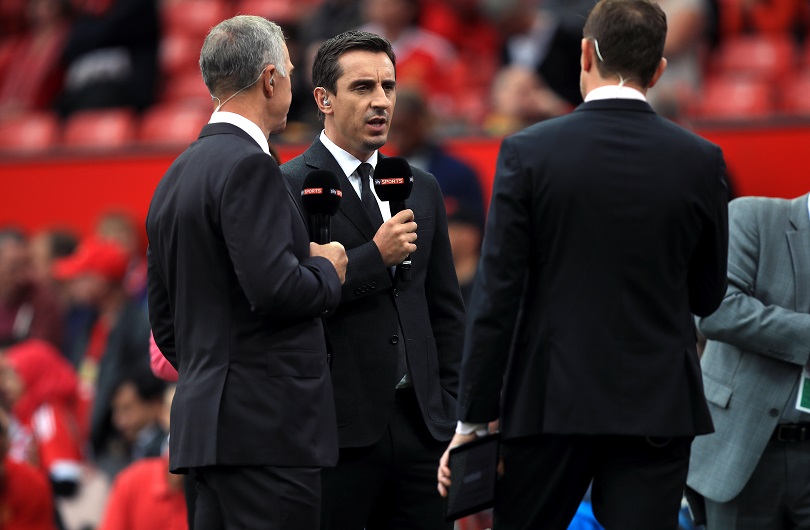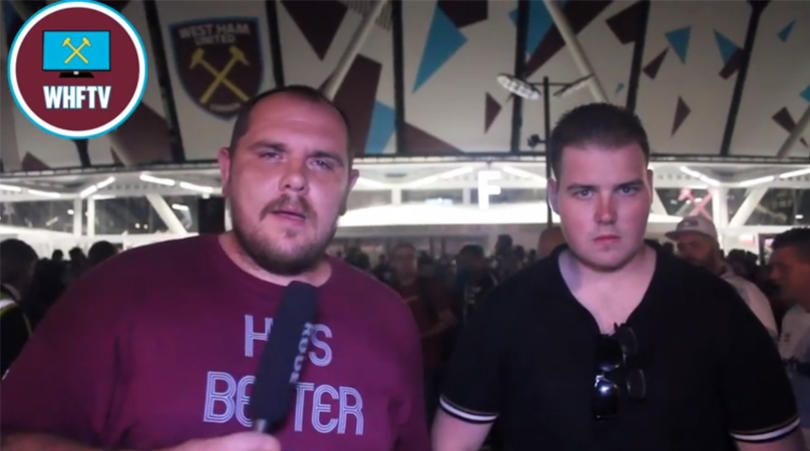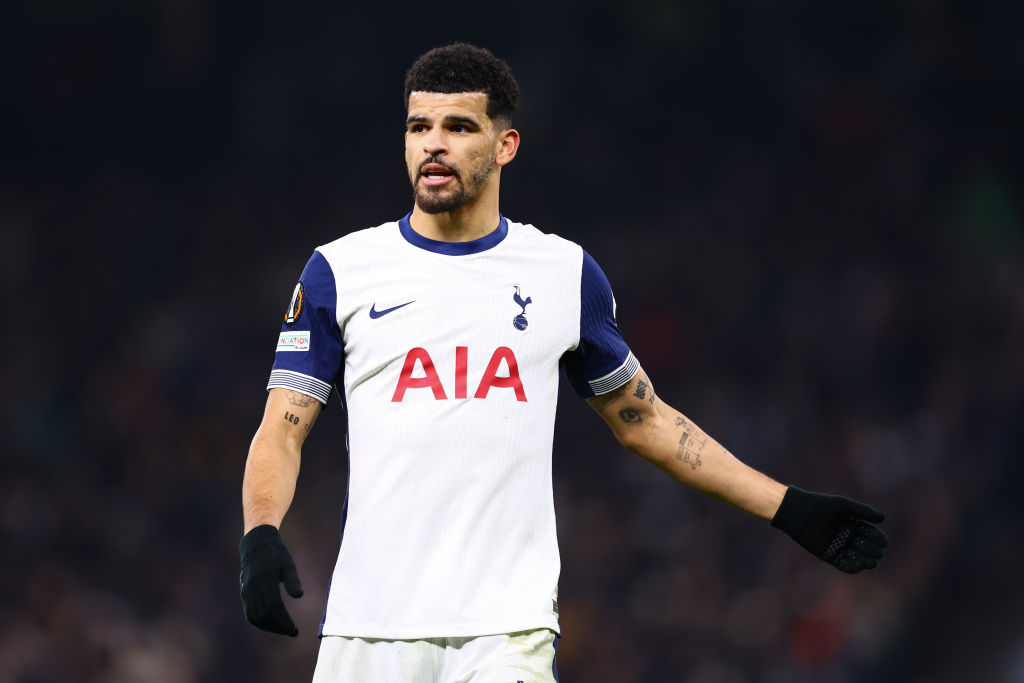How Antonio Valencia came to epitomise the Man United way
Alex Hess explains why the Ecuador international has become such an important member of the Red Devils side
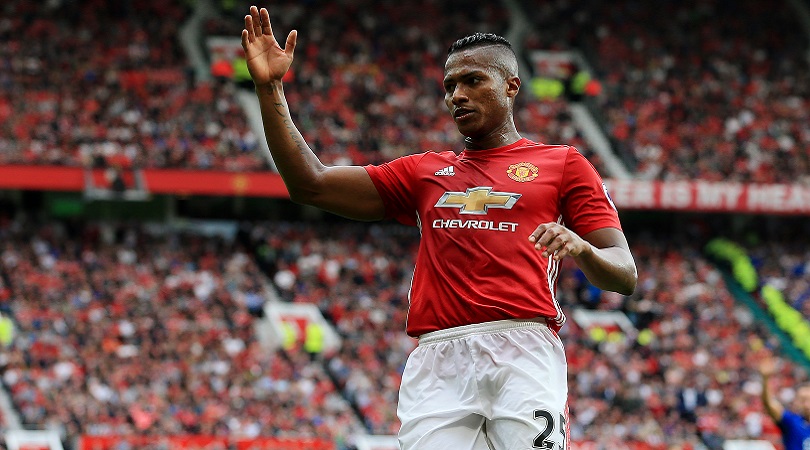
One the one hand, it’s easy to feel some sympathy for Antonio Valencia, who, like a slow-burn arthouse drama released in the same week as a mega-money superhero blockbuster, has seen his most impressive season yet for Manchester United utterly eclipsed by the headline-hoarding debut campaign of one Zlatan Ibrahimovic.
On the other, though, there’s something apt about Valencia taking a backseat for far glitzier affairs. He might be a standout performer at a footballing superpower, but it’s fair to say that the Ecuadorian likes to keep his excellence low-key.
During United’s past half-decade of wild flux, Valencia has been one of the few consistents, a reassuringly dependable presence under Sir Alex Ferguson, David Moyes, Louis van Gaal and now Jose Mourinho. Each of those managers had their own style, system and selections, but all identified Valencia as a trusted accomplice. Among the entire United squad, only David de Gea, a player effectively without competition, can also claim to have been part of the first-choice XI under all four coaches.
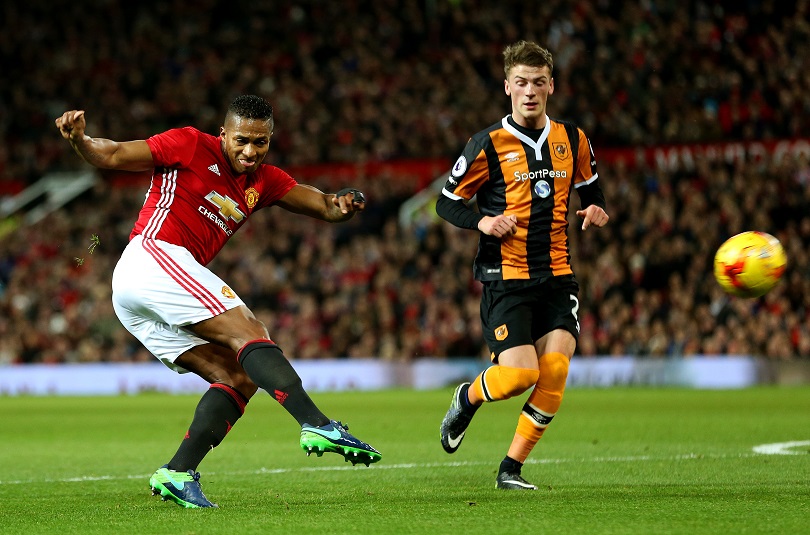
Humble beginnings
Valencia's steady assurance and near-pathological self-improvement allowed him to see off competition from Nani, Ashley Young, Ji-sung Park and Shinji Kagawa
Odd, then, that his career at Old Trafford was subject to so much doubt and debate during its first few years. Not that he started off particularly badly – in fact his debut season in 2009/10 was hugely eye-catching, as his no-nonsense wing play ushered Wayne Rooney towards his most productive ever campaign – but his very nature as a footballer led to him being cast as a symbol of a wider malaise.
The summer he arrived in Manchester was also the summer in which Cristiano Ronaldo departed, and the fact that the transcendently talented Portuguese was ostensibly replaced on the right flank by a player so unglamorous, one-dimensional and patently limited – one winger sold for £80m to Real Madrid, another bought for £16m from Wigan Athletic – was held up by many as a symptom of the insidious Glazernomics that were eating away at the club’s core.
The theory was hardly wrong – indeed, the turbulence that has taken hold at Old Trafford since Ferguson’s departure vindicates the point. But none of that had much to do with Valencia, whose steady assurance and near-pathological self-improvement not only allowed him to see off competition from Nani, Ashley Young, Ji-sung Park and Shinji Kagawa during the Ferguson years (as well as make a full and ahead-of-schedule recovery from a nasty leg break and ankle dislocation injury), but also reinvent himself into one of the division’s finest full-backs thereafter.
Get FourFourTwo Newsletter
The best features, fun and footballing quizzes, straight to your inbox every week.
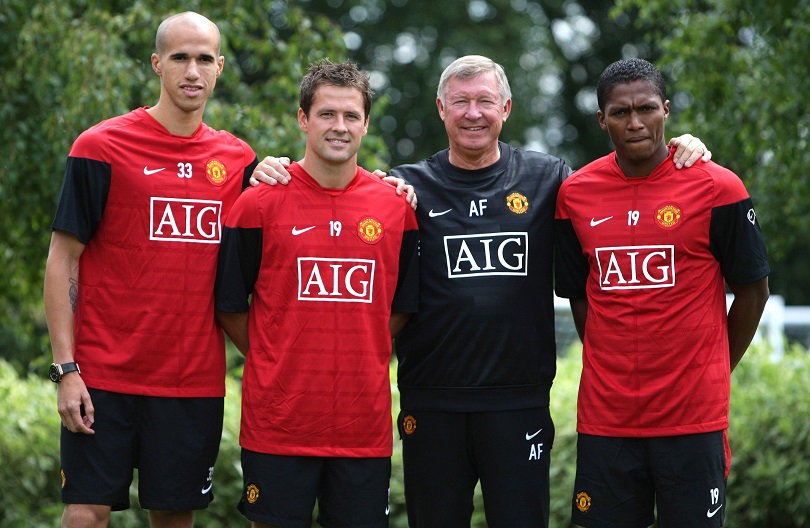
While Valencia had dabbled in the trade under Ferguson and Moyes, it was Van Gaal – whose time in charge may come to be seen more favourably in hindsight – who converted him into a full-time right-back. In retrospect it was a canny move, if perhaps a rather obvious one: the shuttling, tram-like requirements of full-back seem far more aligned with Valencia’s abilities (stamina, drive, tactical intelligence) and limitations (low goal return, a severe case of one-footedness) than the more all-inclusive demands that befall the modern-day winger.
Premier League's best right-back?
There is no better right-back in football. It is a privilege for us to have such a good player and such a good man
It’s under Mourinho, though, that Valencia mk.II has properly blossomed. There’s a degree of irony here, not only in the fact that Valencia’s adventurous breed of full-back has rarely won Mourinho’s trust during his career, but also because the Portuguese had a seemingly ready-made right-back in exactly the right mould waiting in the wings.
It’s to the manager’s credit that the safety-first Matteo Darmian – and, by extension, his own preferred setup – has been sidelined in favour of a player whose place in the side is both rightful and merited. (And, if we presume that Mourinho is generally against the idea of fielding two forward-roving full-backs together, it’s arguable that Valencia has effectively beaten off competition from Luke Shaw, too.)
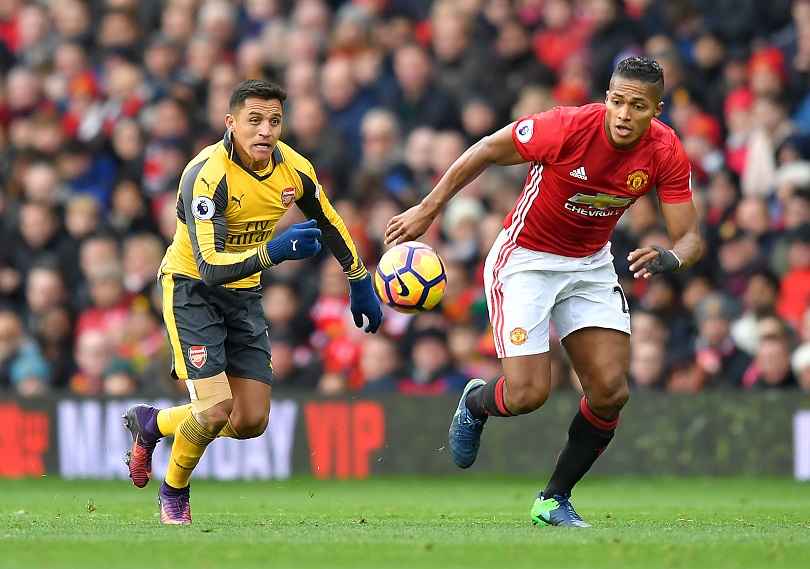
If Valencia has already seen off one rival, it’s unlikely he’ll be required to do so again any time soon. “I think he is the best right-back you can have,” said Jose Mourinho earlier this season. “There is no better right-back in football. It is a privilege for us to have such a good player and such a good man." Given that the authoritarian Mourinho was referring to a player whose idea of insubordination is an early morning gym session on a day off, his words of approval should come as little surprise.
And while there’d be one or two players who might like to take Mourinho up on that appraisal, the fact of the matter is that there's substance to his superlatives. If the prototypical modern full-back boasts explosive pace, an enviable engine, positional forethought and an appreciation of the classic give-and-go, then Valencia has it all in abundance. Add to that a very decent final ball – something that often fails peers like Kyle Walker or Nathaniel Clyne – and there’s very few boxes left to tick.
Valencia might lack the silky star quality of a Philipp Lahm or the sheer visceral intensity of a Dani Alves, but nor does he come with any physical or tactical pitfalls. He's compensated for a shortage of truly outstanding qualities by ensuring his shortcomings tally at precisely zero.
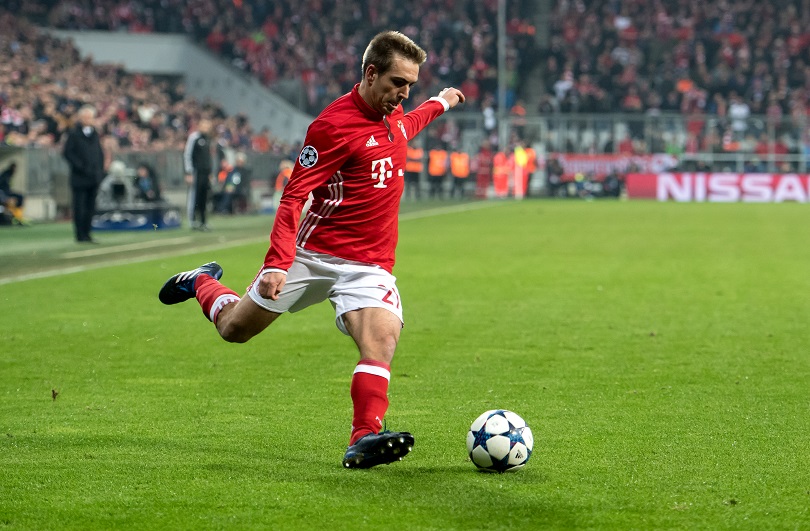
Satisfying supporters
“He’s been outstanding this season, Valencia,” said Gary Neville on Monday evening. “Probably the most consistent player in a red shirt.” Indeed it’s Neville, rather than Ronaldo, for whom Valencia has proven himself a worthy replacement.
Alongside Juan Mata, whose tendency to drift inside is complemented well by Valencia’s chalk-booted excursions, the Ecuadorian has helped form a right flank whose blossoming under Mourinho has been as impressive as it’s been unexpected. The Portuguese has hinted this season at curbing his caution in his new job, at delivering football played in the fabled ‘United Way’, and the Valencia-Mata axis has been a prominent part of that.
There's been much discussion in the post-Ferguson years about this ‘United Way’ – what it is, whether it’s being implemented, whether fans are deluded prima donnas for demanding it – and although, like any ideology, it resists rigid definition, the traits most of its advocates like to cite are adventure, fearlessness, perseverance, pace and high-octane wing play.
The other part of that formula, of course, is trophies. In that sense, Ibrahimovic is certainly showing United the way. But look closely, and perhaps it’s Valencia who is best showing the United way.
